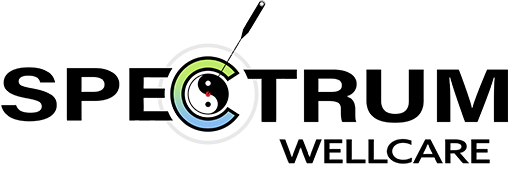My purpose in writing about important differences between Western Medicine and TCM is not to minimize the way medicine is practiced in West. I am pointing out glaring deficiencies that are inherent in the Western system that should be addressed. In previous blogs, I have discussed the most visible, overreaching areas that most healthcare consumers don’t realize the impact of. They also don’t appreciate the all the reasons for their presence. One such impact I have demonstrated as being so is the modern Pharmaceutical industry.
I will continue to address these issues in future blogs. However, in this blog, I want to continue my analysis on the differences in diagnosing between TCM practitioners and Western medical practitioners. I have already pointed out how regimented the method of diagnosing is in Western medicine. Again, Western practitioners are taught to establish their diagnosis based on the symptoms that a patient currently presents with.
They have no flexibility in altering their diagnosis if something in the patient’s history or current situation changes the content, in any way, of those symptoms. For instance, there are many times the majority of the symptoms a patient presents with are classic to a certain diagnosis. However, there is an aspect(s) to his history or presenting symptom that could alter this classic diagnosis. More often than not, the Western practitioner will not take this “unique” facet(s) into account when making his final diagnosis. They just rely on what they learned and do not alter their diagnosis, eventhough these findings can make a differential impact on the diagnosis.
In contrast, the TCM practitioner is trained to appreciate the whole history of the patient before making his final diagnosis. He wants to take into account all the variables that may affect the illness. This point even applies to very straightfoward ailments like pain. In my own practice, I have treated many pain cases that seemed very straightforward, at the beginning, but turned out not to be…
